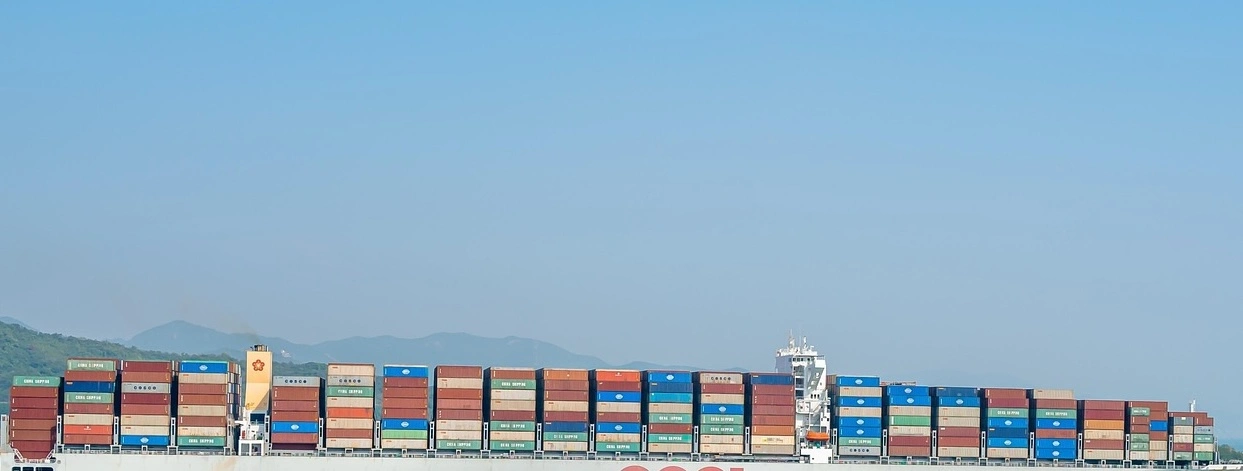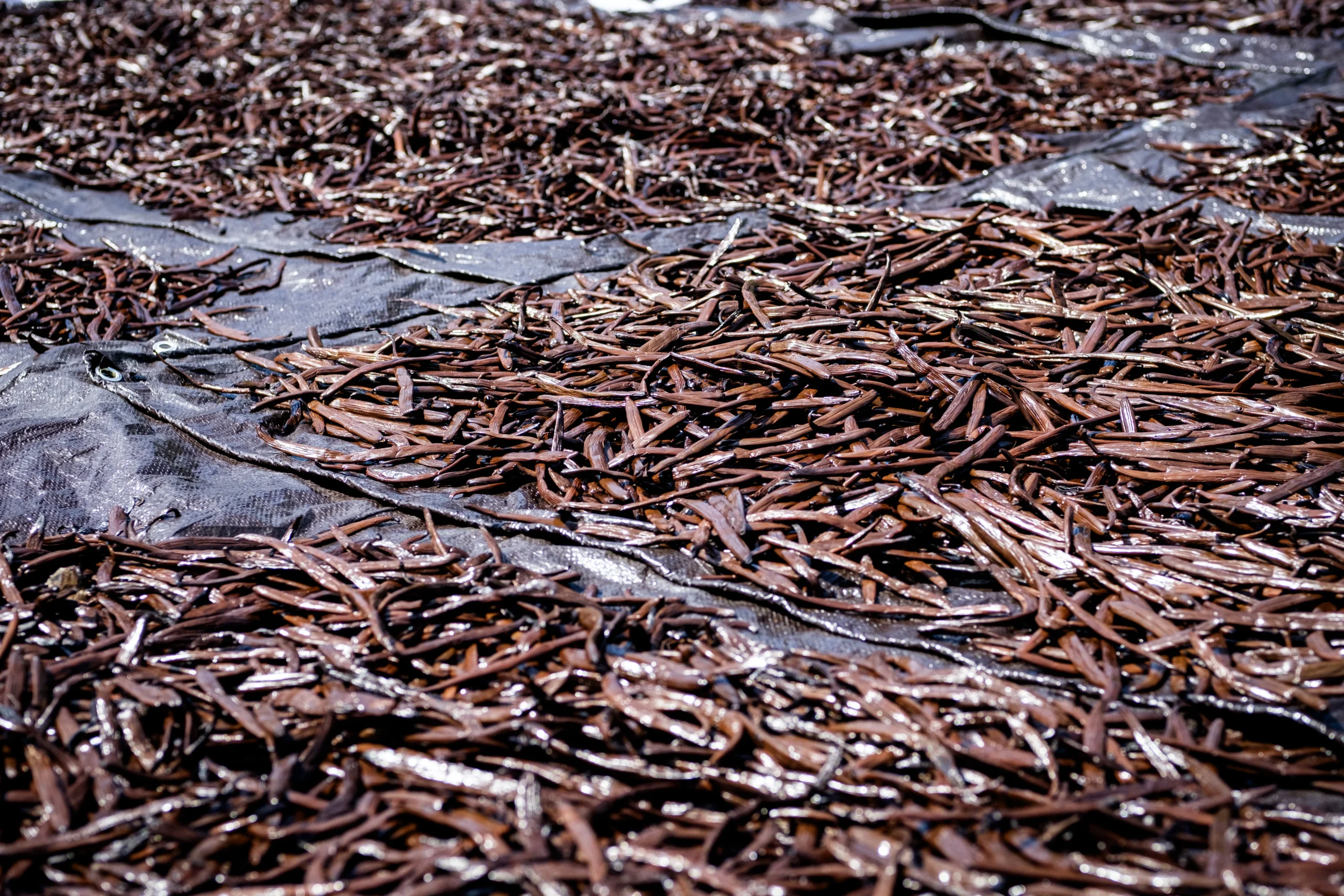Covid-19 in Madagascar
Madagascar is one of the poorest countries in the world. The economy is, to an extent, dependent on tourism. Many families are directly and completely dependent on tourism for their livelihood. Travel restrictions due to COVID-19 have meant that the country saw almost no tourists . This has had a direct impact on many people’s lives, including closing of businesses and loss of countless jobs.
Also in the bigger cities and towns, the effect of COVID is clearly visible. Poverty is even more widely spread, more people are living on the street and are in dire need of support and food. We saw this during our assistance project last year when we provided food to people in need in and around the capital. Sadly, the number of homeless and jobless people in Madagascar has increased even more since then.
However, for some people in remote rural areas life continues as normal, even though the police try to enforce certain regulations. For instance, earlier this year the state implemented a complete lock-down on the weekends, meaning that everyone had to stay at home for the entire weekend. The police tried to enforce the lockdown in rural areas, but it proved to be futile as many people do not have a home, sleeping at their fruit stalls right at the market place.
Another major factor supporting the economy of Madagascar is the export of certain agricultural products, such as vanilla. For the most part, vanilla growing and harvesting has been unaffected. The curing process requires a lot of manpower, which increases the risk of spreading the disease. During the campaign of 2020 there were some isolated cases where companies had to be closed temporarily due to an outbreak of COVID-19. It was and remains vital to take proper precautions, and to create awareness of alternate ways to ensure that curing can be done safely.
In regards to the disease itself, it is difficult to say to what extent the population has been affected. No official figures have been communicated. What is obvious, though, is the lack of proper healthcare. The oxygen tank supply is low, and possibilities to refill tanks are limited. Then there is also the risk of power cuts at hospitals – during a power cut, patients temporarily lose their oxygen supply, which can be fatal in some cases. Furthermore, protective gear for health care workers is lacking.
While the impact of the pandemic can be seen all around the world, it is especially sad to see the ravages of it on this beautiful country and its already impoverished citizens. We sincerely hope that through our continued involvement with different projects and associations in Madagascar, we will further the recovery efforts through tangible, committed support to farmers, their families and communities.



